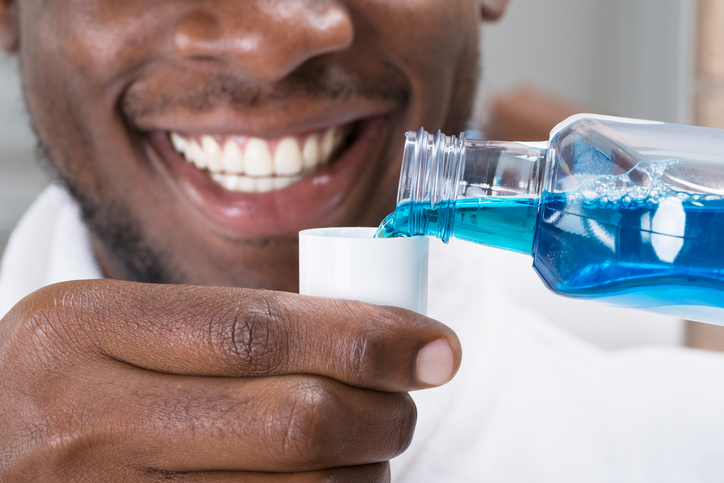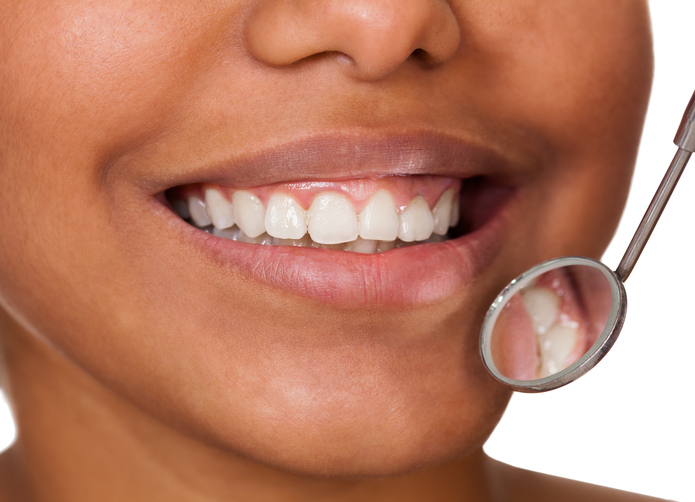For many patients, the brightness of their smile, the alignment of their teeth, and the absence of cavities are the surest signs of a good oral health routine. However, while dental assistants know that these are all important considerations, ita��s essential for clients to not neglect the health of their gums as well.
Regular brushing, while a good first step, isna��t enough to keep gums healthy. And when not properly cared for, gum disease becomes more likely. While early stages of gum disease might not cause discomfort or pain, over time it can progress and become more serious, affecting the bone holding teeth in place.
Fortunately, preventing gum disease is easy, and involves just a few important considerations. Here are some tips for better oral health, which you can offer clients after graduation.
Advise Clients to Floss Regularly Once You Become a Dental Assistant
When it comes to preventing gum disease, few habits are more important than regular flossing. Flossing helps to stimulate the gums as well as dislodge food from hard-to-reach areas in between teeth.

Professionals with intra-oral dental assistant trainingA�know that ita��s best for clients to floss once a day. However, for clients who dona��t floss at all, that commitment might seem like a big one to make. In some cases, it can be a good idea to recommend clients begin by flossing once or twice a week, and then gradually progress to flossing once a day. In this way, they can smoothly add this important habit to their oral care routine.
Mouthwash Can Be an Important Tool for Fighting Gum Disease
When bacteria accumulates on teeth near the gum line, they can eventually infect gums and cause gum disease. Flossing and brushing can help clear away this bacteria. In addition, antimicrobial mouthwash can also help to kill bacteria and keep gums healthy.

When advising clients about adding mouthwash to their regular oral care routine, there are several important points to keep in mind. Firstly, clients need to make sure to swish the mouthwash in their mouth for at least 30 seconds, or the time recommended by their chosen mouthwash. In addition, ita��s important for them to avoid swallowing any mouthwash, and to avoid eating, smoking, or drinking for approximately 30 minutes afterwards.
Regular Brushing Is Still Important for Keeping Gums Healthy
While brushing on its own wona��t be enough to prevent gum disease, ita��s still an important habit to maintain. Not brushing, or not brushing properly, can negatively impact gum health. For this reason, dental assistants will still want to make sure that a clienta��s brushing habits are the best they can be.
When discussing brushing habits with clients, bristle softness can be an important point to bring up. Brushes with softer bristles are gentler on gums, and can often be a better option than hard bristle brushes, which can lead to gum recession and other problems.
Pros With Intra-oral Dental Assistant Training Recommend Regular Dental Appointments
Finally, encouraging clients to book regular dental appointments is another crucial component to any good oral care routine. Once you become a dental assistant, youa��ll soon see first-hand just how much of an impact regular appointments can have on a clienta��s oral health.
In addition to routine cleaning, dental appointments also serve as a great way to catch any potential gum problems before they become serious. Because gum disease doesna��t always cause pain or discomfort, a client might not notice it develop. A trained dental team will help to catch gum disease in its early stages, and advise the client on how best to care for their gums so that problems dona��t grow in severity.
Do you want to prepare for a rewarding career as a dental assistant?
Discover how a dental assistant diploma from CADH can help you launch your career.


